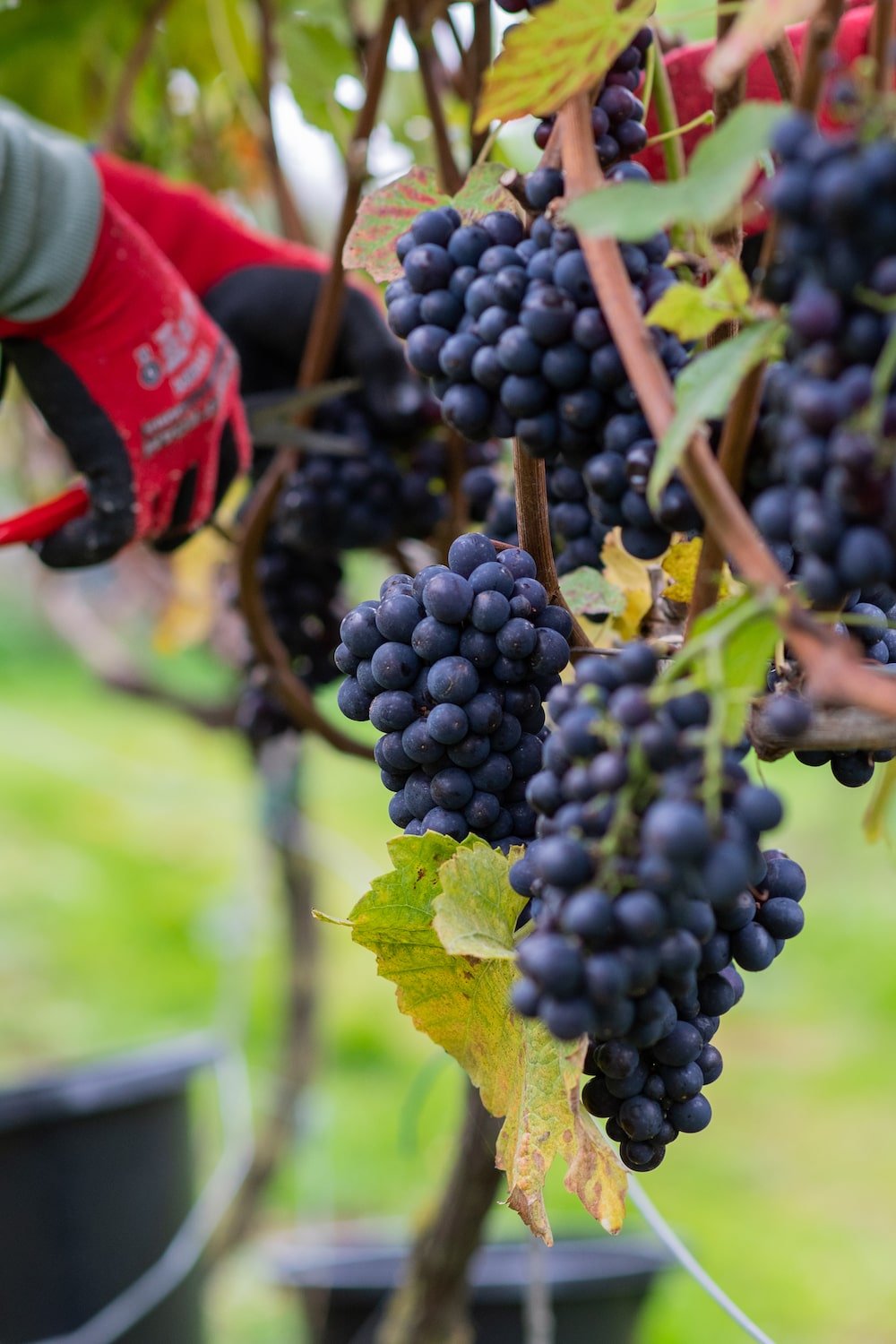Intercessory prayer is one of many contentious principles of faith where most (if not all) Pentecostal Christian denominations disagree with Catholics, who they criticize for seeking the intercession of the Virgin Mary and the Saints before God, when they could pray to God themselves. After all, they argue, Jesus Christ is the only way to God, hence all recourse to God must be through him (John 14:6, ‘I am the way, the truth and the life, no comes to the Father except through me’).

The gospel of the Catholic mass on March 20 2022 (3rd Sunday of Lent, Year C) touches on this doctrine of intercessory prayer, that is intermediation on another’s behalf before God. In the passage, Luke 13: 6-9, Jesus tells the parable of a fig tree which was barren for 3 years. The owner of the garden asked that it be cut down; ‘for three years now I’ve been coming to look for fruit on this fig tree and haven’t found any. Cut it down! Why should it use up the soil?’

His gardener replied (verses 8-9), “Sir, leave it alone for one more year, and I’ll dig around it and fertilize it. If it bears fruit next year, fine! If not, then cut it down.”
There are many important lessons from this parable but I’ll focus on verses 8 and 9 which reflect the precept of intercession. In understanding parables I try to identify the actors, the context, and times mentioned in the story and relate them to contemporary time.
In this parable, obviously the owner of the garden is God, the garden is the earth and the fig tree is man. For 3 years, God checked on the fig tree (man) for fruits and got none, despite being tended to by the gardener (what fruits have you borne with the talents, gifts and graces received from God?). With finality he proclaims, Cut it down! (note the exclamation mark). That was an order.
But see how the gardener steps in swiftly and mediates on behalf of the tree. By his effective intercession, he bought some time for the fig tree, for us. One more year! How long is one year?, a lifetime?, one day?. Whatever you adjudge it to be, know that it is ‘borrowed time’. When it is time to ‘cut you down’, would there be anyone to intercede swiftly for you? (Pray for us now and at the hour of our death)
The salient question is who does the gardener represent in the parable? This is probably where the denominations differ. Could the gardener be the angels, the saints, our parents or grand parents, siblings, pastors, Daddy GOs?

The fact is whenever you ask anyone (dead or alive) to pray for you, that person is your ‘gardener’. You will then agree with me that every christian participates in intercessory prayers without acknowledging it. When you meet a Daddy GO or your pastor to pray for you to bear a child, or to find a husband or a job, that is intercessory prayer. You could as well ask God yourself. But you approached your pastor because you believe his prayer, his intercession, will be more effective. Perhaps because you believe he is holier than you are.
When you see your friend going to church and you ask him/her to pray for you, that is intercessory prayer. You could have prayed yourself. When you pray for your sick parents, you are interceding on their behalf. They could have prayed themselves. When parents pray for the success and well being of their children, that is intercessory pray. Their children could have prayed themselves. I bet you prayed for your family this morning. You will now agree that most of our prayer is in fact intercessory.

If mere sinful mortals can intercede for one other, how about those who have been called by God to dwell in his presence forever. If with our imperfections, we ask for things for other people and they are granted, how about those who have been granted eternal acceptance into God’s kingdom? Won’t their prayers for us be even more acceptable before God?
Remember that the gardener did not only ask that the tree not be cut down, he also promised to ‘dig around it and fertilize it’ (that is tend to it) for that extra year. Who is your gardener?

